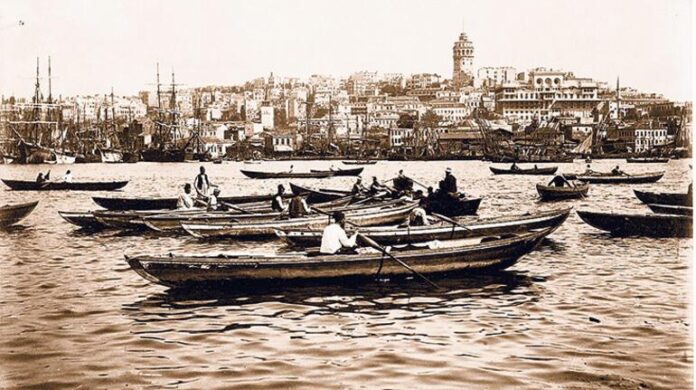“Istanbul, whose history dates back to the Paleotic Age, has hosted many cultures, and in time it took the names Lygos, Byzantion, Antoneinia, Nea Rome, Constantinople, Constantinople, Istanbul…”
“These old names should be written in various parts of the city, those living in a city like Istanbul, which is unique in the world, and the people of our country should realize what they have with this wealth…”
This city is rich
It is a richness that a city that was founded in this geography, which has hosted various cultures for thousands of years, has been called by many different names over time. The people living in this city like Istanbul, which is unique in the world, and the people of our country should be aware of this wealth and what they have. As I have often stated, we must first become aware of this richness so that we can explain our richness to people outside of us. As a suggestion, I suggest writing LYGOS-BYZANTION-ANTONEINIA-NEA ROME-KONSTANTTINOPOLIS-KOSTANTINNIYE-ISTANBUL at the airport and various points of the city. In this way, we ensure that the inhabitants are aware of the city’s thousands of years of history. On the other hand, those who visit our country realize where they are really coming from. I recommend that those who will oppose this view of mine should first listen to Ibn Khaldun.
Evliya Çelebi’s narration
Evliya Çelebi states the names of Istanbul in various languages as follows.
“The first name of Istanbul Castle is Macedonia in Latin. Then they said Yankovic in Syriac because Yanko did it. Then they said Aleksandıra in Hebrew language because Alexander did it. They once said “Pozanta” in Serbian. Once they said Vejendoniya in Jewish language. They said Yağfuriye in the Frankish language. Because Constantine did it for the ninth time, they said Poznatiam and Kostantiniyye in Greek. In the Nemse language, they say Constantinopol. In the Moskov language, they say “Tekuriye”. Afrikaans Grandorya, Hungarian Vezendonvar, Polish Canatoria, Czech Aliyana, Swedish Heraklian, Dutch Istinfanya, French Igrandona, Portuguese Kostiyya, Arabic Kostantiniyye-i Kübrâ, Persian Language Hind-zemin Taht-ı Rum is called Çakdurkan in Mongolian language, Sakalib in Tatar language, Islambol in Ottomans. It became famous with the name Gulgule-i Rum”.
I wonder how many cities on earth have so many names. When will we realize this richness and experience the necessary pride? I think the provincial culture once again dominated this city, as it has been from time to time for millennia, when these new provincials become Istanbulites, then a new life will emerge and Istanbul will once again reach the cultural level it deserves.
Sinan Genim, Milliyet Pazar






















